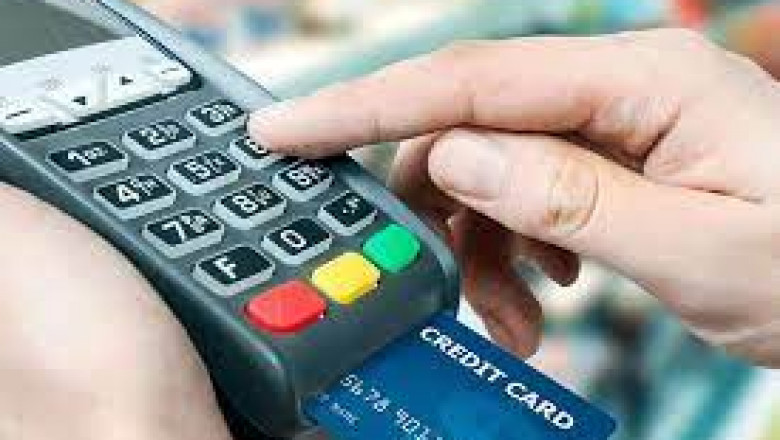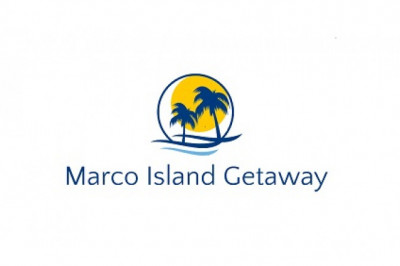views

Merchant services are simply the credit card processing services that businesses use in order to accept credit and debit card payments from their customers. These services typically include a merchant account, a payment gateway, and a point of sale system.
What is a merchant account?
A merchant account is a type of bank account that allows businesses to accept credit and debit card payments from their customers. Merchant accounts are set up through banks or other financial institutions, and they come with a variety of fees and terms.
What is a payment gateway?
A payment gateway is a software application that allows businesses to accept credit and debit card payments from their customers. Payment gateways typically provide a secure connection between the merchant and the customer's bank, and they also handle the transaction processing and authorization.
What is a point of sale system?
A point of sale system (POS) is a type of computer software that businesses use to process credit and debit card payments from their customers. POS systems typically include a terminal, a printer, and a software application.
What are the benefits of merchant services?
There are many benefits to using merchant services, including:
1. Increased sales: Credit and debit card payments are convenient for customers, and they can also lead to increased sales for businesses.
2. Reduced costs: Merchant services can help businesses save money on credit card processing fees.
3.Improved cash flow: merchant services can help businesses improve their cash flow by providing a quicker way to receive payments from customers.
4. Enhanced security: Payment gateway and point of sale systems typically offer enhanced security features, which can help businesses protect themselves from fraud and data breaches.
What are the fees associated with merchant services?
There are a variety of fees associated with merchant services, including:
1. Merchant account fees: These are typically monthly or annual fees charged by banks or other financial institutions for setting up and maintaining a merchant account.
2. Payment gateway fees: These are typically monthly or per-transaction fees charged by payment gateway providers.
3. Point of sale system fees: These are typically one-time or annual fees charged by point of sale system providers.
4. Credit card processing fees: These are the fees charged by credit card companies for processing credit and debit card payments. Processing fees typically include a per-transaction fee and a percentage of the total sale.
5. Chargeback fees: These are fees charged by credit card companies when a customer disputes a charge on their credit or debit card.
What are the risks associated with merchant services?
There are a few risks associated with merchant services, including:
1. Fraud: Businesses that accept credit and debit card payments are at risk of fraud. Payment gateway and point of sale systems typically offer fraud protection features, but businesses should still be aware of the risks.
2. Data breaches: Businesses that accept credit and debit card payments are also at risk of data breaches. Payment gateway and point of sale systems typically offer security features, but businesses should still be aware of the risks.
3. Chargebacks: Businesses that accept credit and debit card payments are also at risk of chargebacks. Chargebacks occur when a customer disputes a charge on their credit or debit card. Businesses can be charged fees for chargebacks, and they can also lose the merchandise or services that were purchased.
What are the compliance requirements for merchant services?
There are a few compliance requirements for businesses that use merchant services, including:
1. PCI DSS: The Payment Card Industry Data Security Standard (PCI DSS) is a set of security standards that businesses must follow if they accept credit and debit card payments.
2. GDPR: The General Data Protection Regulation (GDPR) is a set of data privacy regulations that businesses must follow if they process the personal data of European Union citizens.
3. OFAC: The Office of Foreign Assets Control (OFAC) is a U.S. government agency that enforces economic and trade sanctions. Businesses must comply with OFAC regulations if they accept payments from sanctioned countries or individuals.
4. AML: Anti-money laundering (AML) laws are a set of regulations that businesses must follow to prevent the use of their services for money laundering or other criminal activities.












